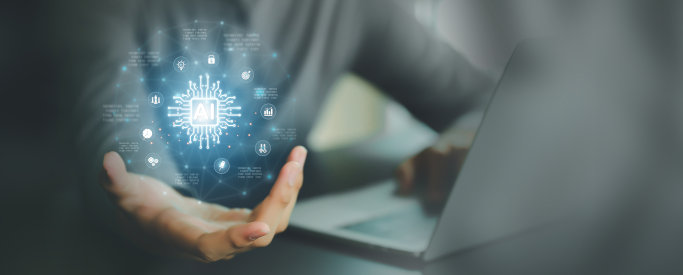In the rapidly evolving world of artificial intelligence (AI), the need for safety and responsible development has never been more critical. With this in mind, the United Kingdom recently hosted the AI Safety Summit at Bletchley Park, a gathering that brought together a diverse group of nations and leading AI companies. The result of this summit was a landmark agreement on AI safety-by-design, signifying a collective commitment to ensure the responsible development and deployment of AI technologies.
The Bletchley Declaration: A collective commitment
The Bletchley Declaration, signed by 28 countries and the European Union, marked the start of a new era in AI development and governance. Notably, the signatory nations included global AI leaders such as Australia, the United States, the United Kingdom, the European Union, China, and several others, demonstrating the broad international consensus on the need for enhanced AI safety measures.
Prime Minister Rishi Sunak, in his opening remarks, stressed the importance of involving all major AI powers in the discussion, including China. Despite skepticism from some parties about inviting China, the summit aimed to engage all stakeholders in the pursuit of AI safety. Wu Zhaohui, China’s vice minister of science and technology, echoed this sentiment, emphasising the equal rights of nations, regardless of their size, to develop and use AI.
Testing frontier AI models
One of the central outcomes of the summit was the agreement by a smaller group of like-minded countries and leading AI companies to test frontier AI models before their public release. This initiative recognised the potential for serious harm posed by advanced AI models that surpass current capabilities. Governments and AI companies have come to realise the urgent need to address not only the immediate concerns, such as bias and privacy issues but also the challenges presented by the AI technologies of the future.
The collaborative effort includes countries like Australia, Canada, the European Union, France, Germany, Italy, Japan, Korea, Singapore, the United States, and the United Kingdom, alongside AI industry leaders like Amazon Web Services, Google, Microsoft, and OpenAI. This collective commitment to rigorous testing before deployment represents a significant shift in responsibility from AI companies to governments, marking a new era of accountability.
Establishment of the AI Safety Institute
To carry out the testing of emerging AI technologies, a new global hub called the AI Safety Institute will be established in the United Kingdom. This institute, an evolution of the existing Frontier AI Taskforce, will work closely with the Alan Turing Institute in the UK and the USA’s AI Safety Institute. The objective is to ensure that next-generation AI models meet the required safety standards and do not pose threats to critical national security.
A global panel of AI experts
Another crucial highlight of the summit was the agreement to form an international advisory panel on AI risk, inspired by the Intergovernmental Panel on Climate Change (IPCC). Each participating country will nominate a representative to support a group of leading AI academics tasked with producing State of the Science reports. This effort aims to establish international consensus on the risks and challenges associated with AI, promoting a collaborative approach to address the complexities of AI development and deployment.
The first report, led by Turing Award winner Yoshua Bengio, will be published ahead of the next summit in Korea. This approach mirrors the successful model of the IPCC, which has played a pivotal role in addressing climate change on a global scale.
The road ahead
The UK’s AI Safety Summit marks the beginning of a global collaborative effort to ensure the responsible development and deployment of AI technologies. With the commitment to test frontier AI models, establish the AI Safety Institute, and create an international advisory panel on AI risk, the signatory nations have set a precedent for AI safety-by-design.
As the AI landscape continues to evolve, it is imperative that countries and AI companies work together to address the challenges posed by advanced AI technologies. The next AI Safety Summit, to be hosted online by Korea in six months, and the subsequent in-person meeting in France a year later, will serve as crucial milestones in the ongoing effort to ensure AI’s responsible and safe future. With these initiatives in place, the global community is taking proactive steps to harness the power of AI while mitigating its potential risks.



